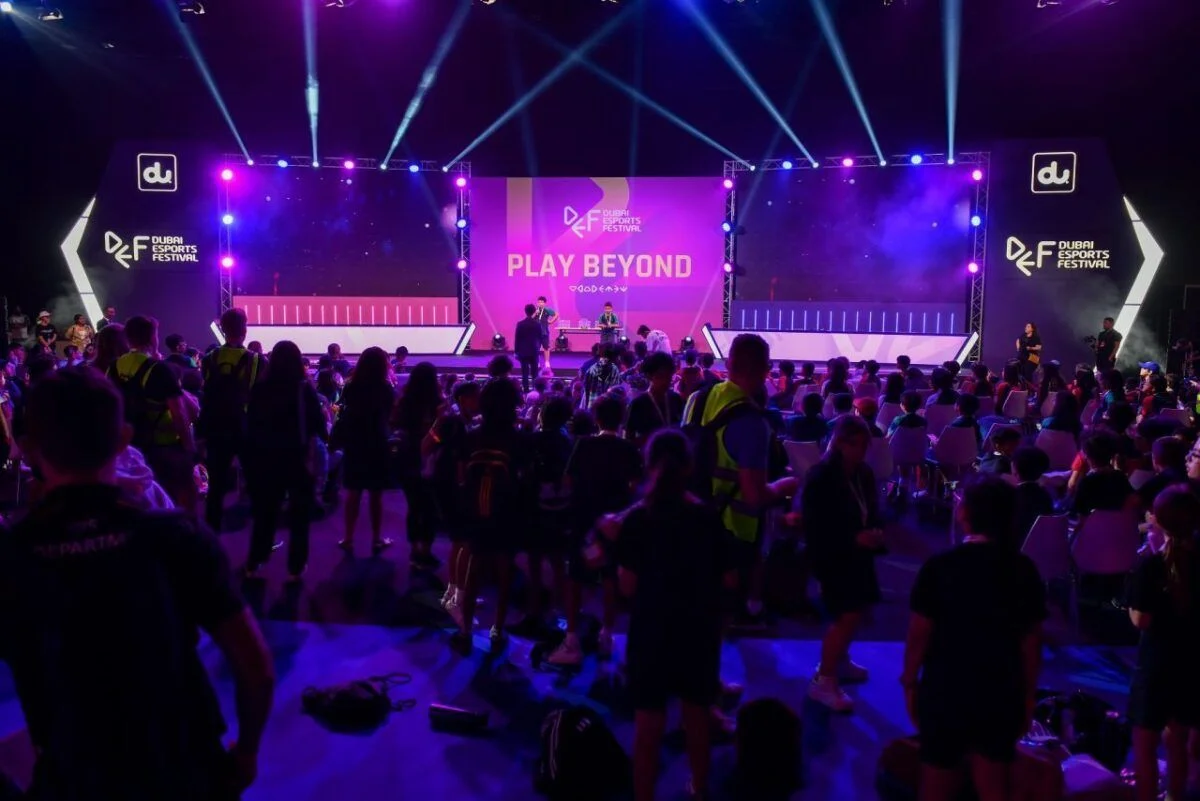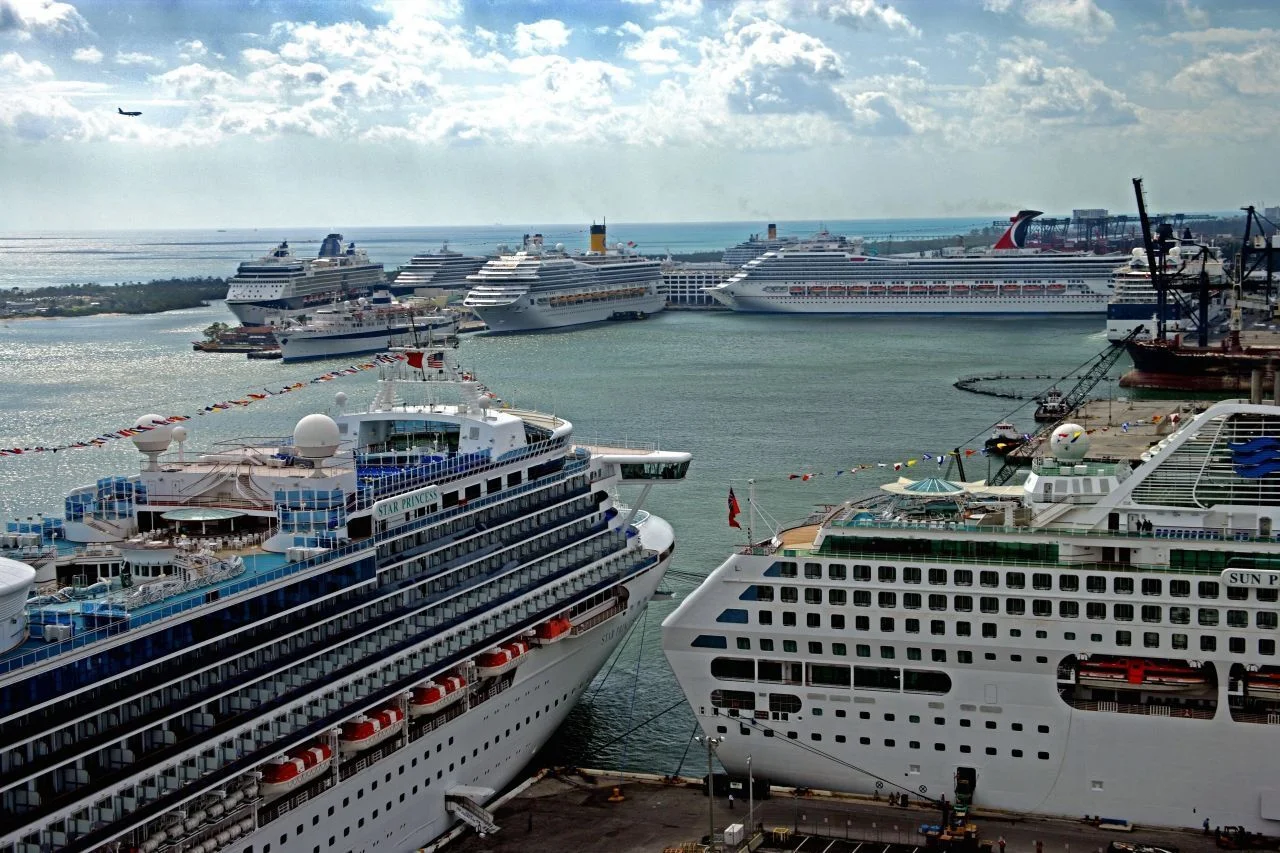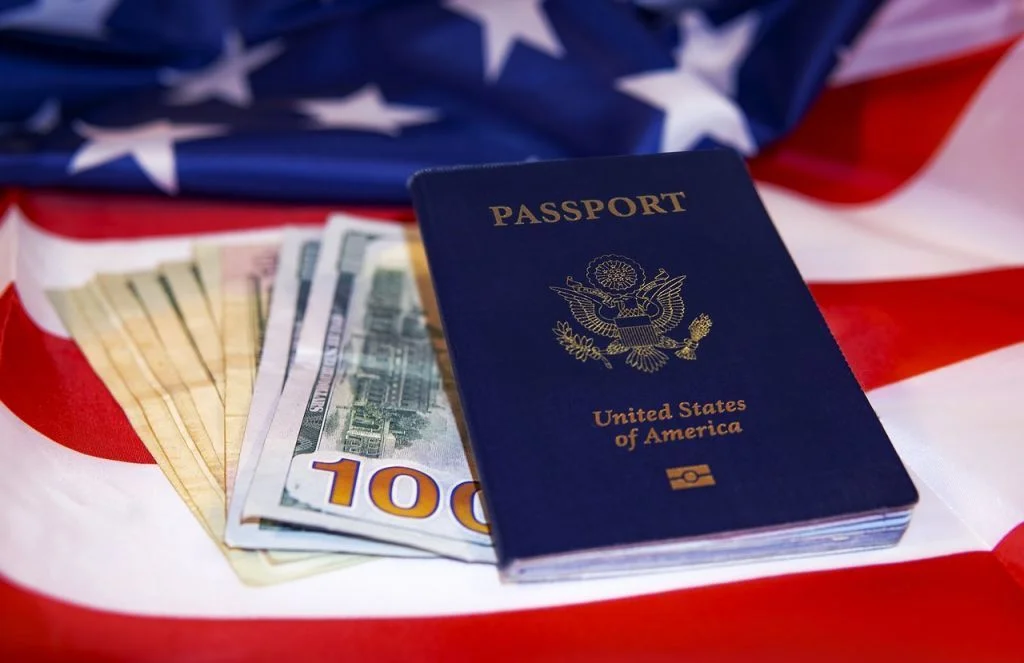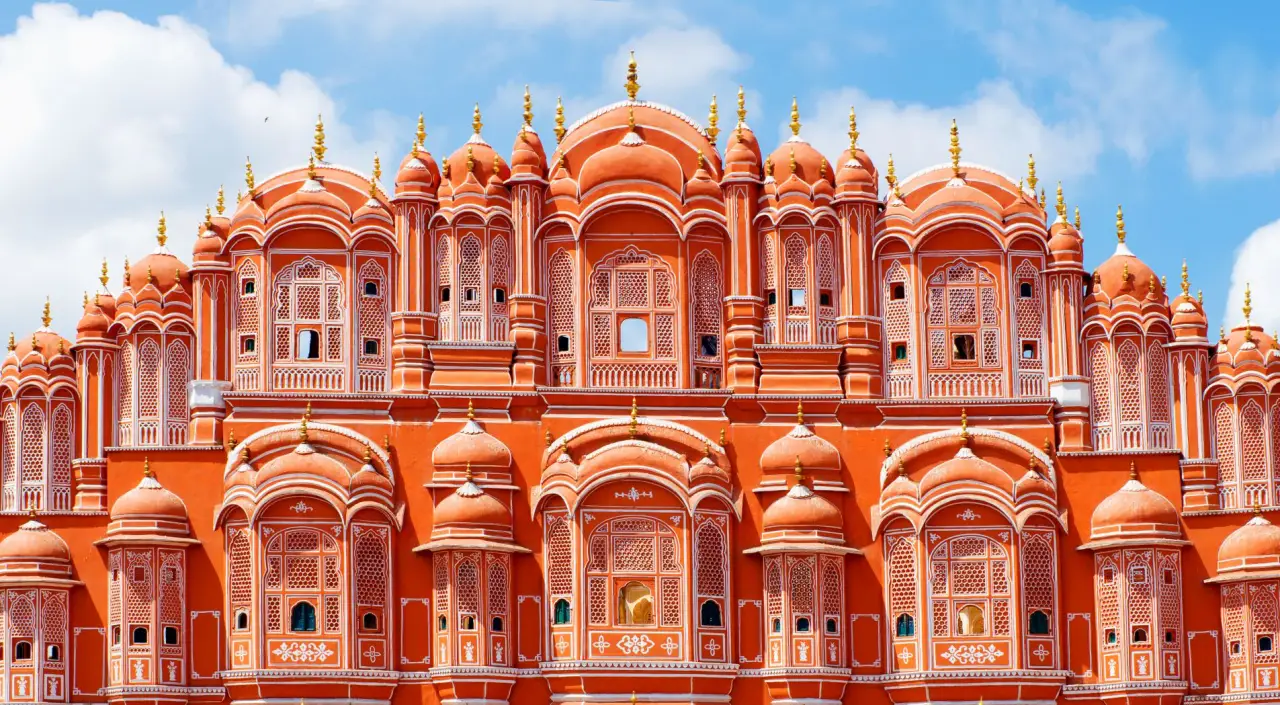Traveling for sports has transformed as the world of sports and esports merges, giving fans more options beyond traditional stadium games.
Esports—competitive gaming on a professional level—is on the rise and is quickly gaining a following as passionate and devoted as those who fill football or basketball arenas. The best part? Whether you’re a die-hard sports fan or a dedicated esports enthusiast, the chance to travel and experience both is better than ever.
Cities that once hosted only traditional sporting events are now becoming hotspots for major esports tournaments.
How is the exciting intersection of Sports and Esports shaping up for travelers?
If you love travel, sports, and gaming, the lines between these two worlds are starting to blur in the best way possible.
Global Growth of Esports and Sports Tourism
It’s no secret that sports have long been a driver of tourism. Every year, millions of fans pack their bags and travel to attend the Super Bowl, the FIFA World Cup, or the Olympic Games. However, what many may not realize is that esports is now following a similar trajectory.
In the past decade, esports has exploded in popularity, with professional leagues, teams, and massive events attracting international audiences. Cities around the world are now offering both stadiums for traditional sports and arenas designed specifically for esports.
For example, Seoul, South Korea—widely considered the birthplace of competitive gaming—hosts major esports tournaments, from “League of Legends” to “StarCraft.”
Meanwhile, cities like Los Angeles and Paris offer an exciting mix of traditional sports events like basketball, football, and tennis, alongside prestigious esports competitions.
This has led to a new breed of travelers—those who are just as likely to attend a football game as they are to watch an esports championship live.
Whether you’re heading to a traditional game or a virtual one, the overlap of these two worlds is creating some thrilling travel opportunities.
Cities That Host Both Sports and Esports Events
As traditional sports and esports continue to intersect, certain cities are emerging as travel hotspots for both. These cities have capitalized on their infrastructure to accommodate both worlds, making them ideal destinations for fans with diverse interests.
Take Los Angeles, for example. It’s home to some of the biggest sporting events in the U.S., from the NBA’s Lakers and Clippers to the NFL’s Rams and Chargers. But LA is also a hub for esports, hosting events like the “Overwatch League” and “Call of Duty League” championships. If you’re planning a trip to Los Angeles, you could catch a Lakers game at the Staples Center one night and then witness a world-class esports competition the next.
Seoul is another destination that shines in both arenas. With its rich tradition of esports and home to iconic teams like T1 in “League of Legends,” Seoul also offers travelers the chance to experience traditional Korean sports like baseball and soccer. Imagine spending one day at an esports event in a state-of-the-art arena, and the next enjoying a soccer match at the Seoul World Cup Stadium
Tokyo, Paris, and Las Vegas are other prime examples of cities where sports and esports thrive together. Tokyo, with its immense love for baseball and sumo wrestling, also hosts the Tokyo Game Show, one of the largest gaming expos in the world. Meanwhile, Paris plays host to the French Open for tennis and also to major esports events like the “Six Invitational” for “Rainbow Six Siege.”
For the ultimate traveler, these cities represent a fusion of passions—whether you cheer from the stands or the screen.
The Evolution of Sports Arenas and Esports Venues
One of the most exciting changes for fans traveling to experience live events is the evolution of sports venues. Traditional sports stadiums are massive, designed to accommodate thousands of fans for football, baseball, or soccer games. Esports arenas, on the other hand, are more intimate but packed with cutting-edge technology, offering a different but equally thrilling experience.
In cities like Las Vegas and Los Angeles, you can see this contrast firsthand. A football game at Allegiant Stadium can hold over 65,000 fans, with the energy and roar of the crowd reverberating through the stadium. Just a few miles away, in the sleek confines of the HyperX Esports Arena, you’ll find a much smaller venue, but one brimming with lights, massive LED screens, and an atmosphere buzzing with digital excitement.
For travelers, these differences are part of the fun. Attending a game in a large stadium is all about the traditional fan experience—tailgating, cheering in massive crowds, and celebrating with fellow fans. In an esports arena, you’ll find a younger, tech-savvy crowd, with energy just as high, but expressed differently through rapid gameplay and intense head-to-head competition on-screen. Both offer unique travel experiences, and it’s worth exploring each to see how these worlds compare.
In addition to that in cities like Las Vegas, known for its sports betting culture, the experience of attending a live football game often includes the option for fans to place bets on their favorite teams. This tradition now extends to esports as well, with platforms like GGBET offering fans the chance to wager on competitive gaming events. Interestingly, esports has followed suit. Major esports tournaments now offer opportunities for fans to place bets on their favorite players or teams, blending the excitement of live gameplay with the thrill of competitive wagering.
Events Blending Traditional Sports and Esports
In the past, you might have traveled to a city for a sports game or an esports competition, but now, it’s possible to experience both at once. Some sports organizations are embracing esports and offering fans crossover events that celebrate both worlds.
Take the NBA for example. Not only can you attend live games during the basketball season, but the NBA has also launched its NBA 2K League, where esports players compete in a digital version of the sport.
Similarly, Formula 1 has embraced the digital realm with its F1 Esports Series, where fans can watch both real-life races and virtual ones, sometimes in the same event space. These blended events allow fans to engage in multiple ways, offering a richer, more diverse experience.
In a major milestone for esports, a record-breaking 609 teams will compete across five game titles, representing their countries for the 16th World Esports Championship that will be held in November 2024 in Riyadh, Saudi Arabia. It highlights the global scale and increasing popularity of esports as it continues to grow alongside traditional sports events.
For travelers, this means you no longer have to choose between watching a live game or attending a gaming competition. Many cities are now hosting hybrid events that showcase both, giving you more reasons to explore, whether it’s to catch a traditional sports match or witness an esports showdown. And because these events often run simultaneously, you can plan a trip that offers the best of both worlds.
Economic Impact of Sports and Esports on Local Tourism
As cities continue to host both sports and esports events, the economic benefits for local tourism have been massive. Fans traveling for these events often stay for several days, exploring the local scene, dining at restaurants, and participating in pre- and post-event activities.
For cities like Seoul, Tokyo, and Las Vegas, this has led to a surge in revenue, boosting the local economy and making these cities top destinations for sports tourism.
According to reports, the impact of esports alone on local tourism has been substantial. In cities where major tournaments are held, hotels, restaurants, and entertainment venues see an influx of visitors. For example, when the League of Legends World Championship was held in Paris, it attracted thousands of international travelers, creating a vibrant atmosphere that benefited local businesses.
Similarly, traditional sports events such as the Super Bowl or Olympics generate millions of dollars in economic activity, from ticket sales to hospitality. When esports and traditional sports come together, cities can expect an even greater boost, drawing fans from around the world who are eager to experience these events firsthand.
For travelers, this means visiting these cities during major events offers more than just the excitement of the games—it’s a chance to be part of a larger cultural and economic movement. And with the increasing popularity of esports, this trend is only expected to grow.










